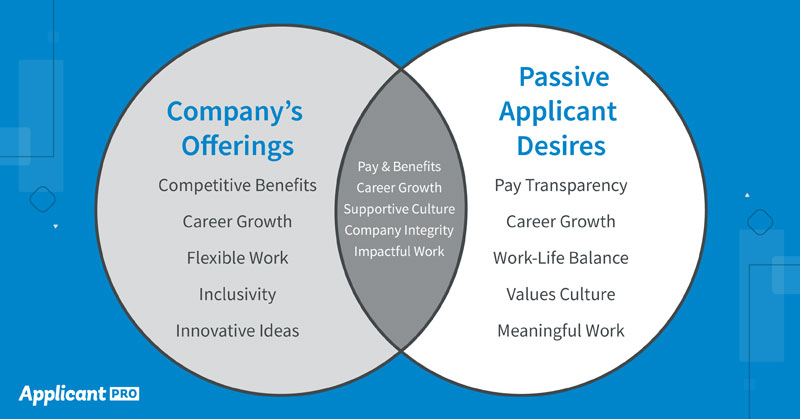

The Perils of Poor Onboarding
Your organization has recently acquired new hires that possess amazing potential. Attracting the right talent is only part of the equation. According to a report by the SHRM, a whopping 1 in 25 people leave a new job just because of a poor onboarding program. Implementing a strong onboarding plan helps stave off turnover and increases employee productivity. Here are a few practices to avoid that will help set your new hires up for success.
If you’re still using paper-based forms for employees; you’re behind the times.
Vague Paper-based Processing
It’s 2015, if you’re still using paper-based forms for employees; you’re behind the times. Often times, employees hastily go through and sign onboarding documents without a second thought. When it comes to recalling that information—the company policy for example-they may not remember where they placed those documents. Empower your employees by having a system in place that allows them to readily access important company information. Having an automated process for your paperwork alleviates extra tasks for your HR team. In addition, employees can access items like the company policy handbook or their I-9 with ease. Going paperless helps with engaging new hires and encourages them to start off in the right direction.
Attract More Highly Qualified Applicants
We spend countless hours researching the most effective, easy to implement, and FREE strategies that will dramatically boost your qualified applicant flow.
No Formal Training
Creating a formal training process is an integral part of the onboarding experience. It helps employees understand the expectations of the workplace. The worst thing you can do is throw an employee into the role without showing them the ropes. Onboarding works best when it is a two-way process. By providing the necessary tools and training, the new employee is involved and able to adapt to your organization’s work style and company culture.
56 percent of new hires think it’s important to have a buddy or mentor within the first week.
No Mentor
A new employee is going to need guidance to learn all about the company. When a new hire is left to figure out the job by themselves, you run the risk of creating a resentful employee due to lack of direction. Moreover, they’ll more than likely have a negative experience within your company. That said, new hires need have a mentor. In an infographic by BambooHR, 56 percent of new hires think it’s important to have a buddy or mentor within the first week. Think about it; what better way for a new employee to learn the company culture and workplace than from a veteran employee?
Once you have the right people in the door it’s up to your company to keep them there. Leaving your organization’s new hires up to chance increases turnover and will cost your company in more ways than one. The onboarding process is a major component of retaining employees. Build a program that integrates new hires into your company and you’ll reap the benefit of producing contented and productive employees.
What do you feel like the most important step in your onboarding process is?
Ready to bring your hiring process into 2015? Check out ApplicantPro’s 90 second video today to see how we can help!

Increase qualified applicant flow across the board.
Download this exclusive guide to improve your qualified applicant flow.
Share this article
Related Articles

Top Tips for Talent Acquisition in 2025: Strategies That Actually Work
Discover top talent acquisition strategies for 2025. Learn how to prioritize candidate experience, leverage AI ethically, embrace flexible work, and build a strong employer brand to attract and retain top talent in a competitive job market.

Unlocking the Hidden Talent Pool: How to Attract Passive Candidates
Boost your hiring strategy! Learn how to attract passive candidates with ApplicantPro's expert tips, insights, and stats for a stronger talent pipeline.

How to Create a Stellar Candidate Experience
Create a standout hiring experience that attracts top talent with these essential tips. Learn how to improve communication, streamline interviews, and enhance onboarding to make every candidate feel valued.